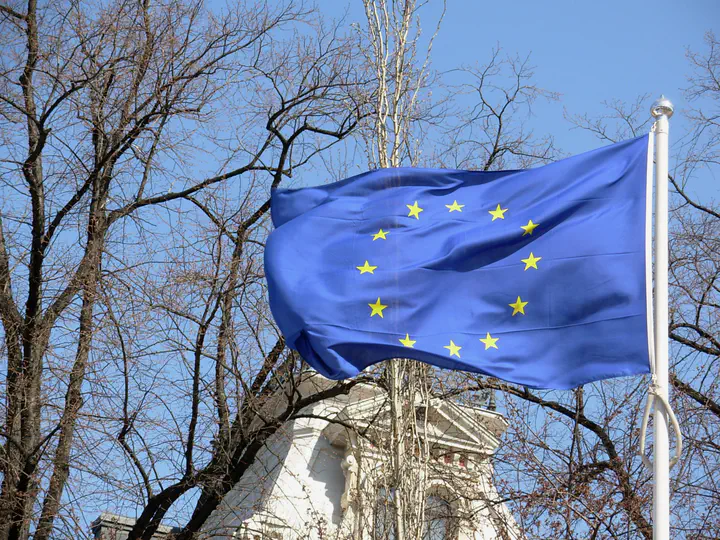
In this article I look at the rise of right-wing and left-wing populist parties in Europe and argue that both speak to the large democratic deficit subjectively felt in European Union countries. These parties, and some of the social movements which energized them, tapped into this sentiment to argue that the EU was not responding to the population. Distinctions between right and left wing populism are made and the article ends by exploring the potential of grassroots social movements, and the political parties which formed out of them (Podemos, Five Star Movement), to potentially change the democratic landscape of the E.U., with mixed results.
Abstract: Europe has seen an alarming increase of populist parties throughout the last two decades. The European debt crisis has only added to their strength and support, and Eurosceptic attitudes have only increased, as exemplified by the recent Brexit vote. However, this exploratory paper will argue that the crisis to which populism has given rise allows the EU to critically reflect on itself and fix many of the fatal flaws that the increase in populist support has pointed out. It will be argued that the EU needs to create a strong civic society to help mend its democratic deficit. Finally, it will be argued that by incorporating particular elements of populist thought and critique (i.e., democratization and fairer economic policies), that is, implanting an “alter-europeanization,” that the ugly side of populism (its xenophobia and racism) will begin to lose support within European countries.